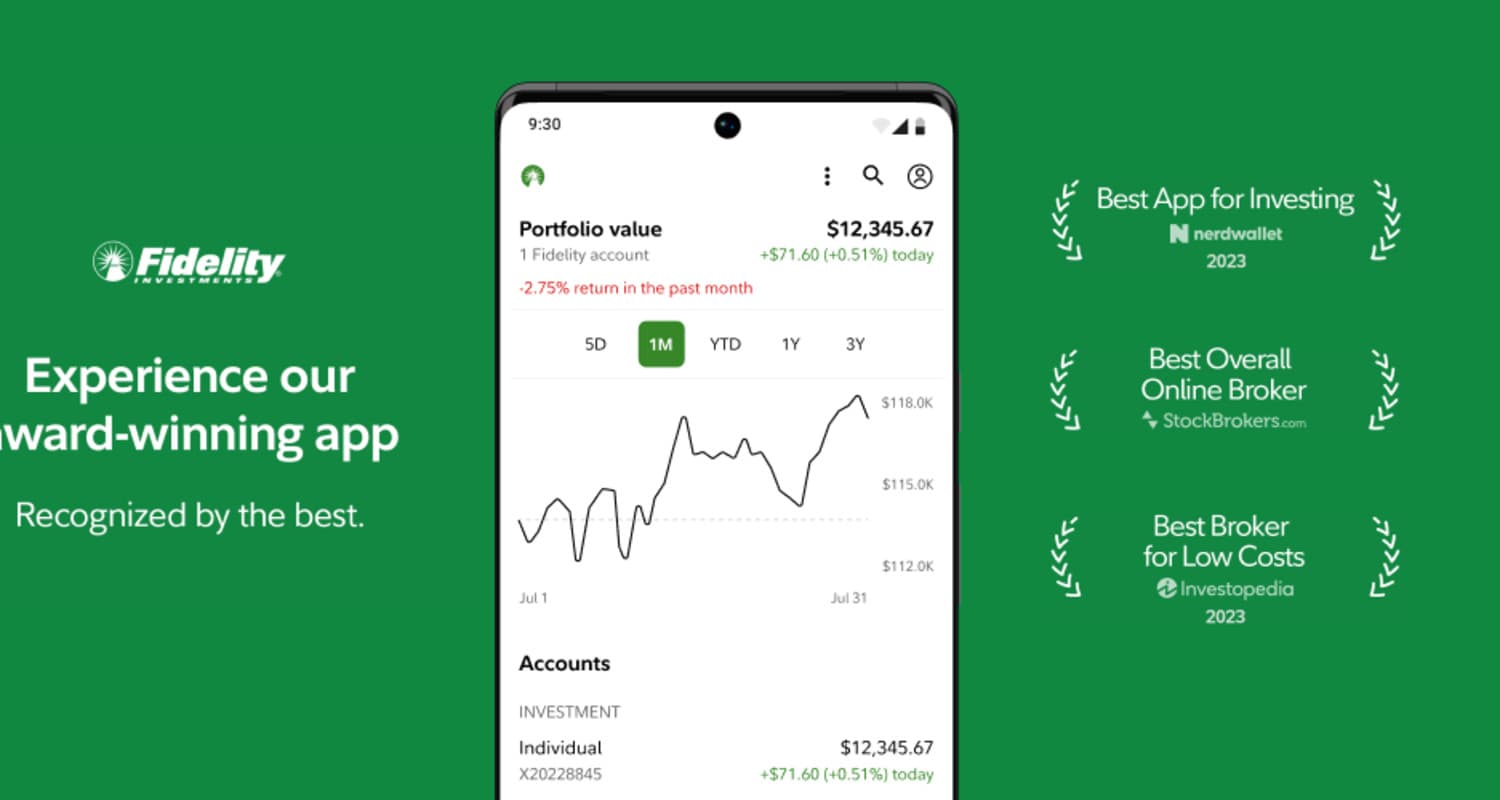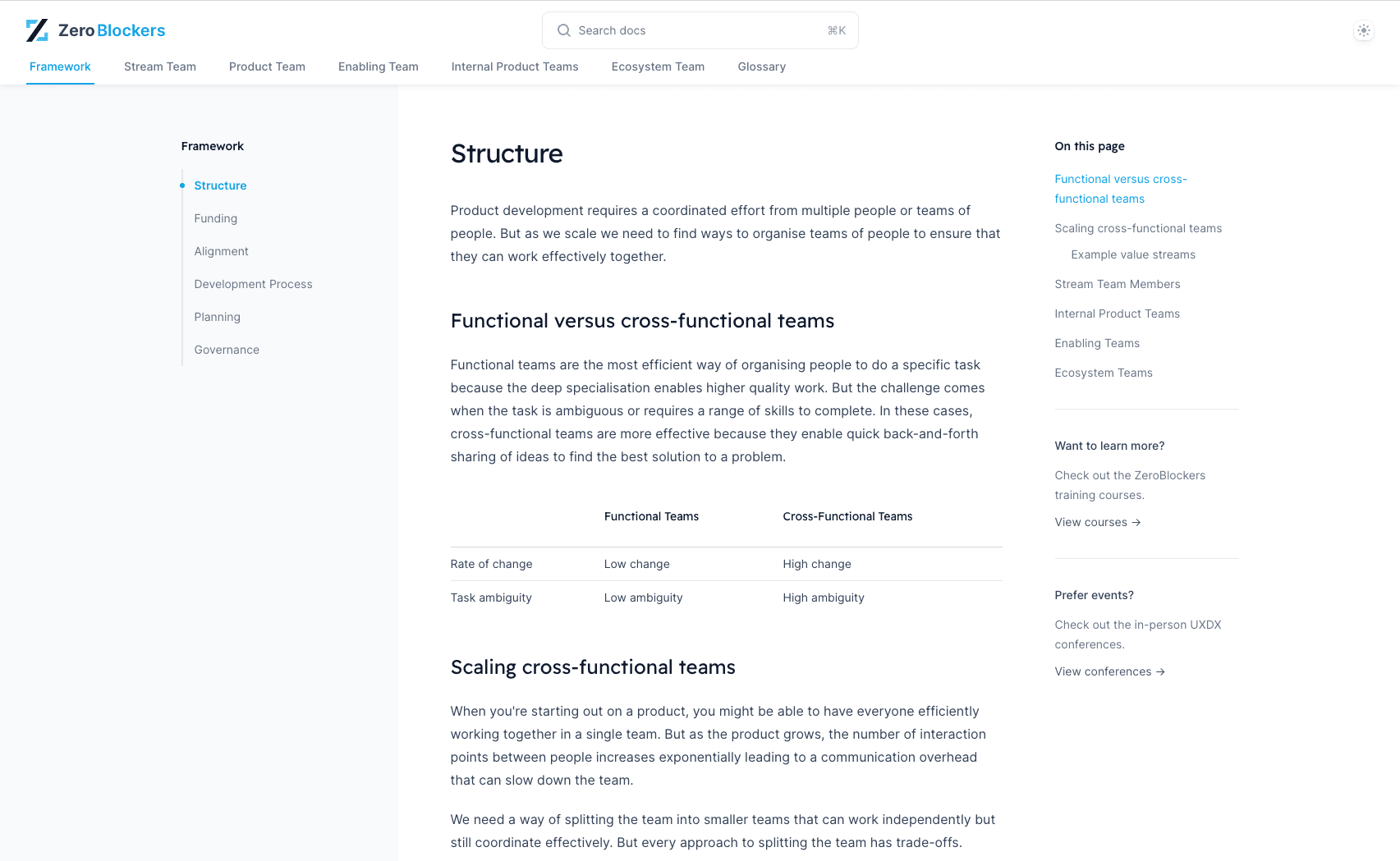Case StudyEcosystem Team: Market Research - Transforming User Research at Fidelity Investments
Fidelity Investments, a 74-year-old financial services company, faced significant challenges in scaling its user experience research (UXR) to support its vast array of products and diverse customer base. With hundreds of scrum teams and only 35 UX researchers, the company struggled with conducting timely and impactful research. The traditional approach of usability testing conducted solely by the UXR team resulted in delays and missed opportunities for early-stage product insights. Fidelity needed a scalable, efficient approach to UX research to keep up with the demands of its Agile transformation and enhance its customer experiences.

The Solution
Fidelity Investments implemented a multi-faceted strategy focusing on democratizing research, designing an effective organizational structure, and establishing a shared research framework. This strategy included:
- Listening Tour and Needs Assessment:
- Conducted a listening tour to gather insights from stakeholders and UX researchers.
- Assessed the organization’s needs and the current capabilities of the UX research team.
- Organizational Redesign:
- Structured the research team into pods aligned with business units and core initiatives.
- Formed a research operations team to support these pods.
- Establishing a Research Framework:
- Developed a shared vocabulary and framework emphasizing "right problem," "right solution," and "done right" phases.
- Integrated qualitative and quantitative research methods into this framework.
- Democratization of Research:
- Launched education programs on remote unmoderated usability and pre-market A/B testing.
- Provided tools, templates, and one-on-one support to product teams to conduct their own research.
Outcomes achieved
Key outcomes included:
- Enhanced Learning Velocity:
- Reduced the time for obtaining user feedback from 14 days to 5 days for remote unmoderated usability testing.
- Decreased the pre-market A/B testing timeline from 20-60 days to 9 days.
- Increased Research Coverage:
- Shifted 68% of research focus to early-stage discovery (right problem/right solution phases) from primarily evaluative research.
- Empowered product teams, with 38% of evaluative research conducted by graduates of the democratization program.
- Organizational Impact:
- Established a cohesive narrative around research impact, aligning research efforts with strategic business initiatives.
- Fostered a shared vocabulary across the organization, facilitating better communication and collaboration.
- Developed a scalable model for UX research that can adapt to the evolving needs of Fidelity’s Agile transformation.
- Employee Empowerment:
- Empowered product teams to conduct high-quality research, enhancing their ability to make informed design decisions.
- Built a resilient and adaptable UX research team capable of driving continuous improvement.
